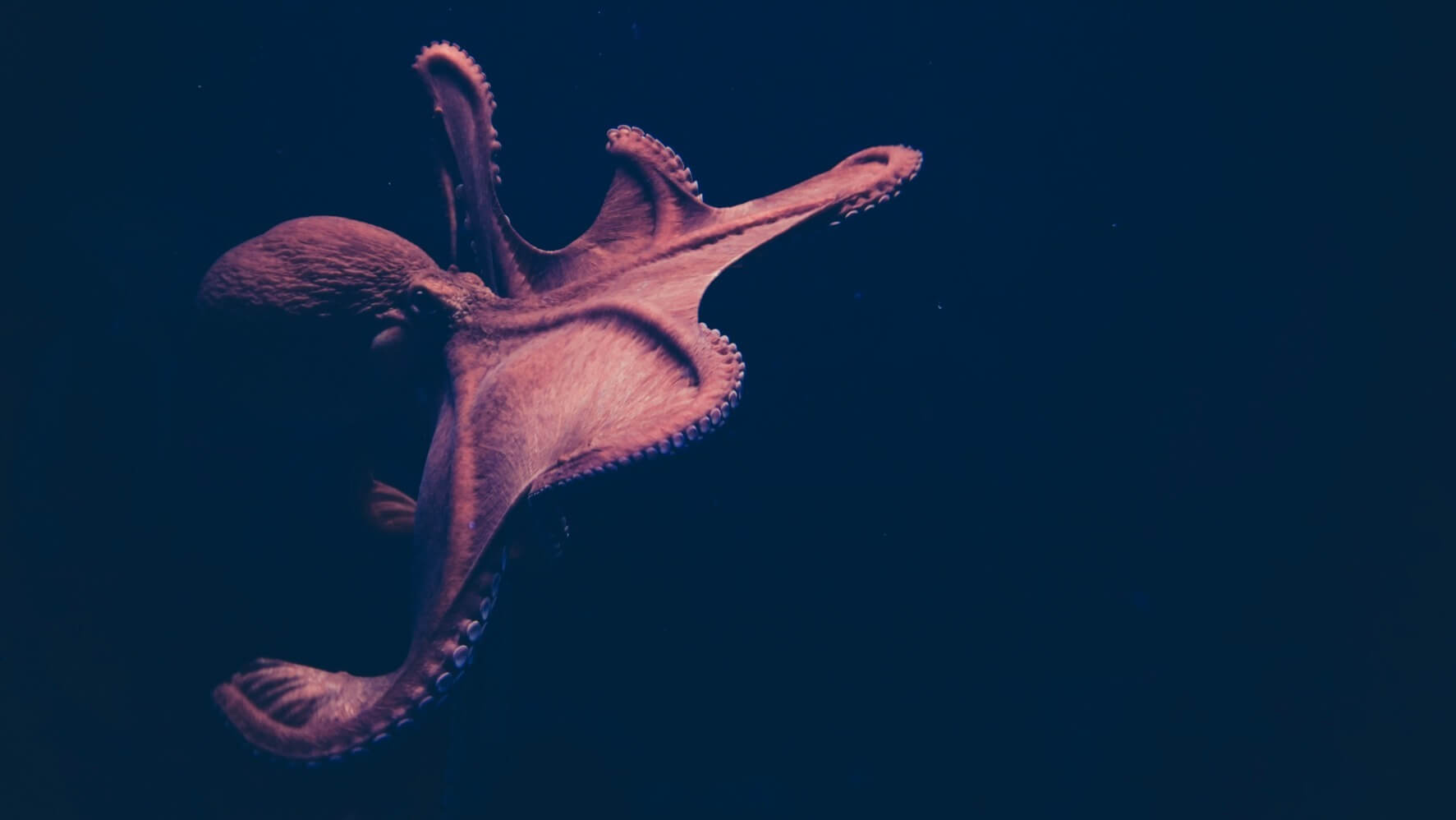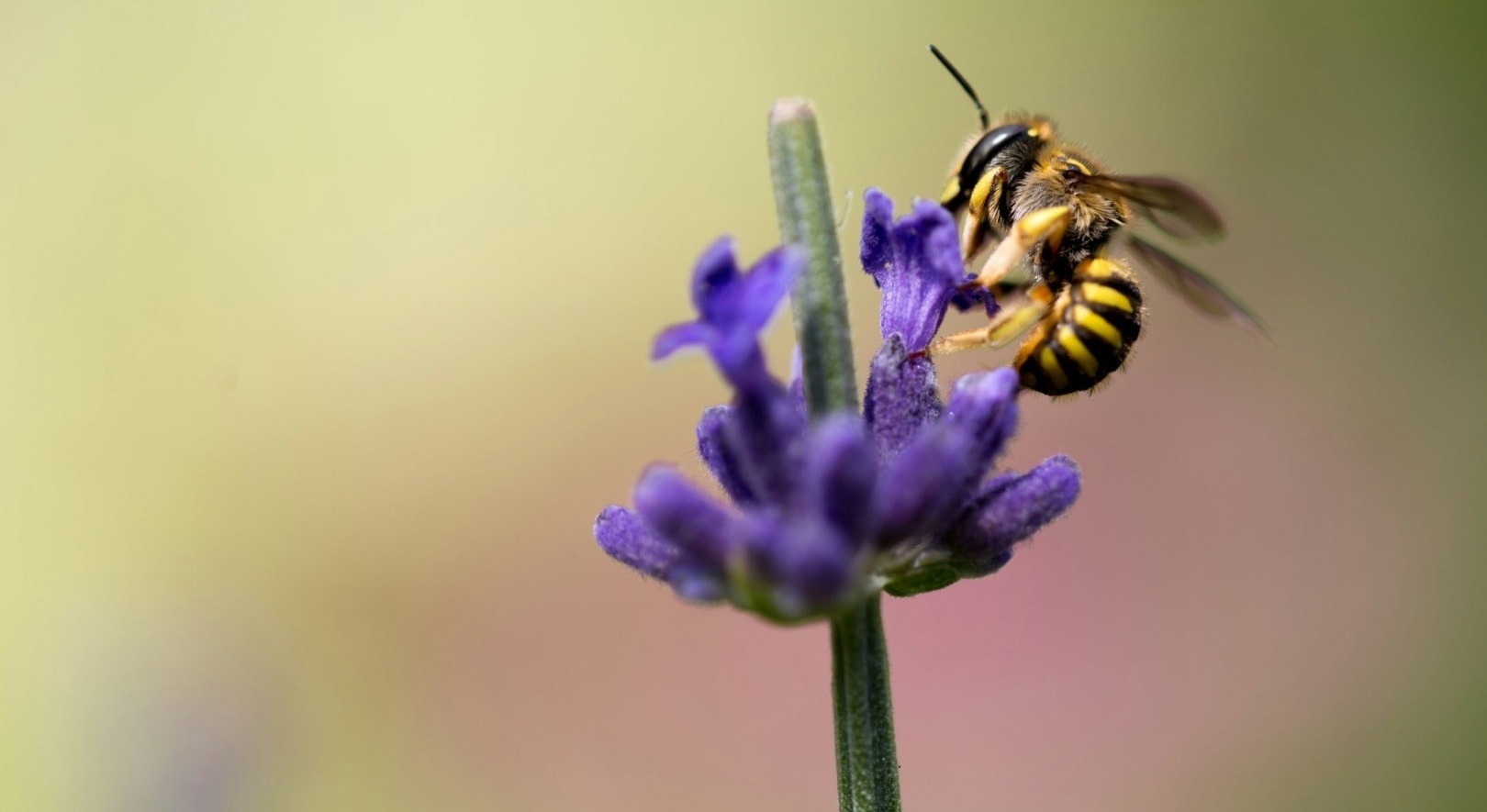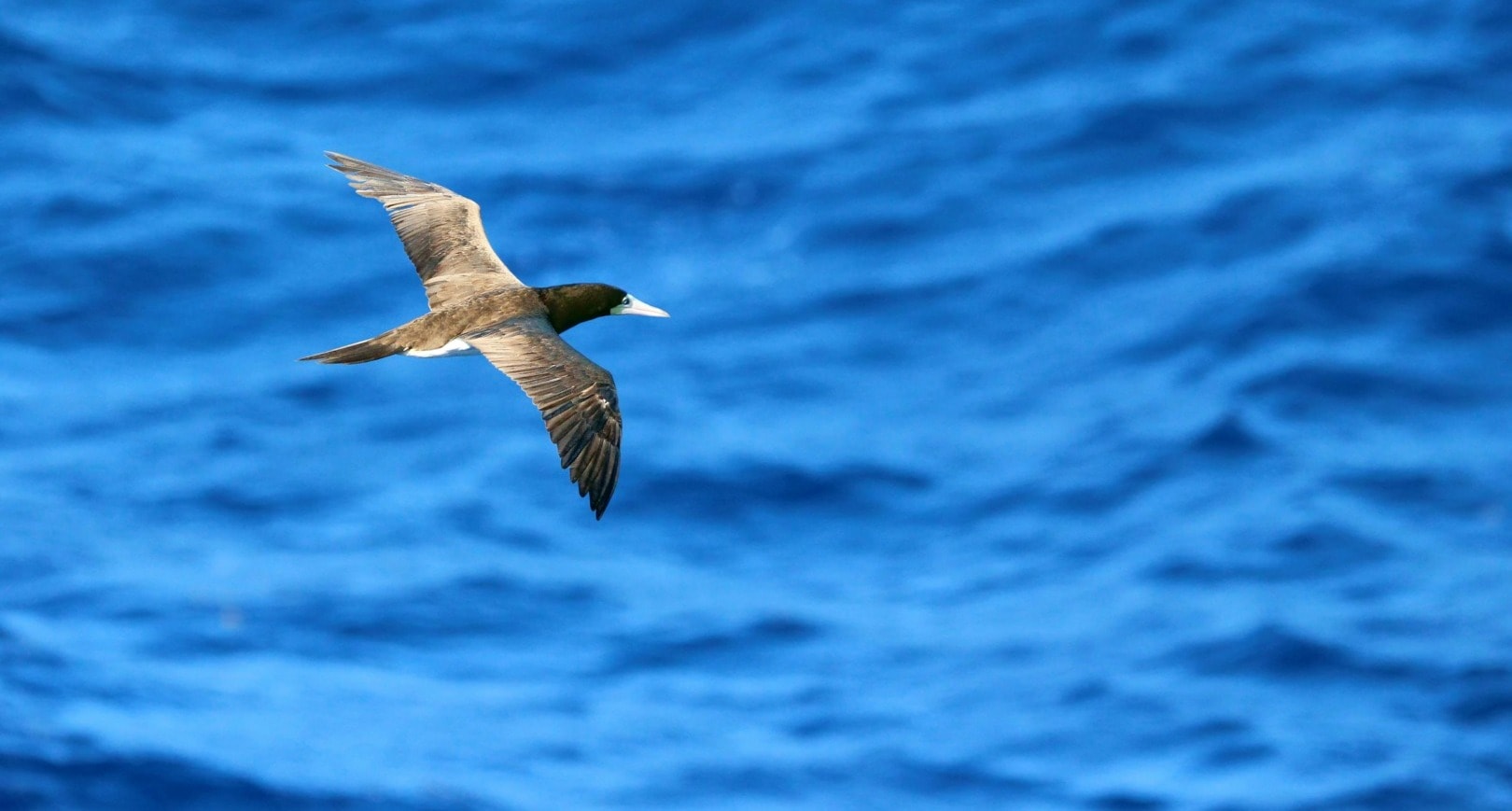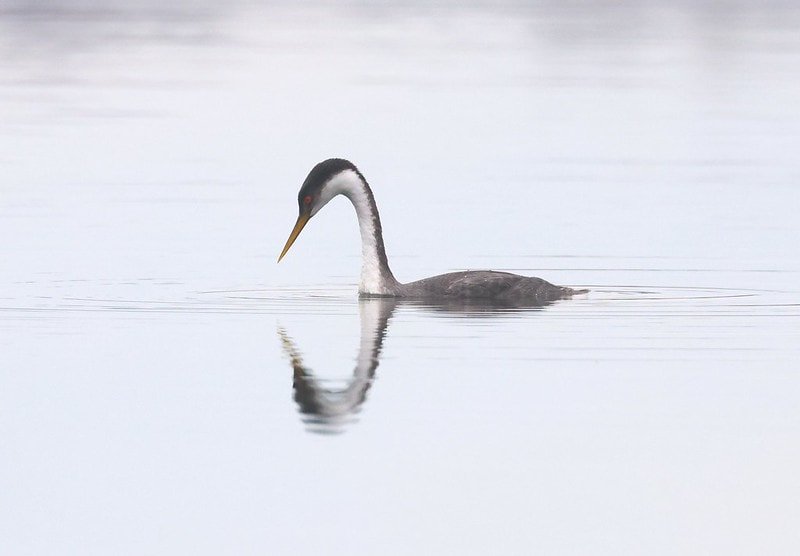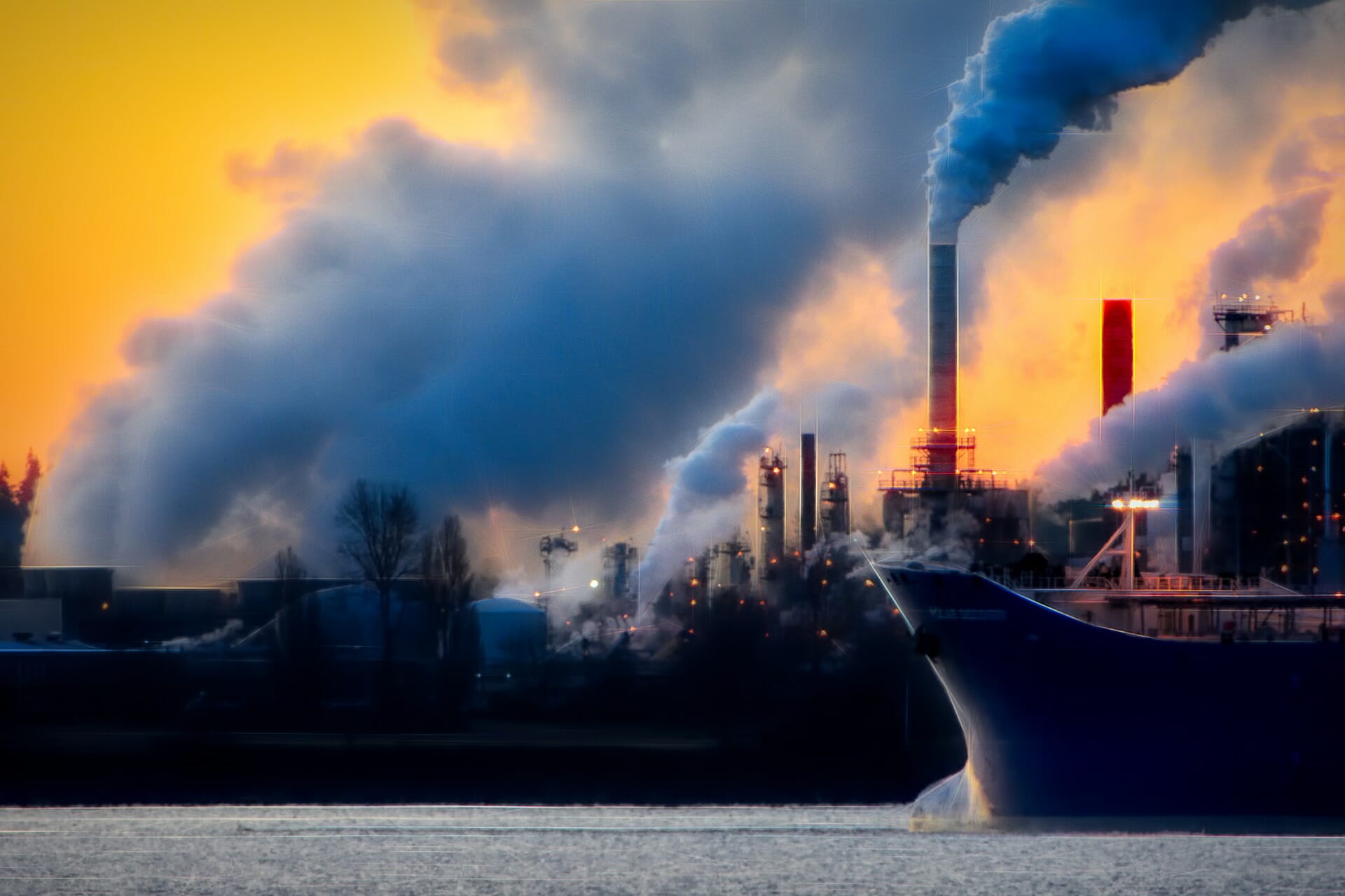At least 217-million people and billions of animals worldwide have been affected by natural disasters every year since 1990, so it helps to “be prepared”.
IFAW’s Jennifer Gardner is no stranger to the scout’s motto. Not only is she prepared and ready to go wherever disaster might strike but, even when she’s desk-bound, she’s helping others plan responses to rescue animals affected by disasters in their own communities.
As manager for IFAW’s Disaster Response & Risk Reduction program she and her team of experts are accustomed to seeing communities at their worst ebb due to wildfire, flood, earthquake or other disaster.
“People lose their homes, their jobs, and in some extreme cases, their loved ones, including pets and people. It is heartbreaking to hear stories of survival and loss, and witness the unimaginable devastation that disrupts any sense of a normal life,” says Gardner.
“What keeps me going is seeing the human spirit’s strong will to survive and to push ahead to regain their way of life. At times where you think most people would break down and give up, I see families rationing their meals to ensure their pets also eat, people travelling long distances to get clean grass to feed to their cows, and neighbors helping each other”.
Based from Cape Cod, Massachusetts, when not deployed to a disaster zone, Jennifer mentors other NGOs and Governments to develop capacity and plan their own disaster responses. Quick and efficient responses are needed.
Surprisingly, the actual disaster deployments are not what she describes as the most fulfilling part of her work.
“It’s the work with communities that I most enjoy. In my view, bringing people together to explore problems, identify what is most important to them and realistic planning will reduce the risk for disasters long-term and ultimately improve well-being for people and animals”.

The impact of the COVID-19 pandemic has hit pet owners across the US hard. Whereas Jennifer and her staff would typically spend a large portion of time in the field, it became a new mission for the IFAW disaster response team to support communities and organizations that were especially impacted by COVID. IFAW partnered with World Central Kitchen to provide pet food to families in need, and awarded emergency grants to animal rescue facilities that needed Personal Protective Equipment (PPE) to protect their personnel and animals.
Asked to recall a particular memory of time in the field, Jennifer recalls last September’s deployment to Butte County, California to support the North Complex Fire response – the second major fire disaster in the county in two years.
“It was tough to see the same communities facing lengthy evacuations, and the fear of how much would be lost to this fire was palpable. I rescued a dog we nicknamed Wonder from a property that had been destroyed. She was lucky to have survived and had gone without food for a few days.
“I kept a close eye on her at the temporary animal shelter, making sure she had comfortable blankets and giving her extra attention – she must have been absolutely terrified when the fire swept through her home – and every day I asked if anyone had come forward to claim her, but no-one did.
Related Articles: Incorporating Animal Welfare into the SDGs | Fires in Europe: The Worst of Their Kind in Over a Decade | Lei Zhou – Conserving China’s Birds of Prey
“Then, on the last day of my deployment there was an influx of people looking for their pets, including an older man who shared his story as he flipped through photos of his dogs on his phone. He was not home when the fires burned his home so he had no way to evacuate his four dogs. When I recognized Wonder on one of the photos it felt like I was in the right place at the right time, able to reunite him with his dog.
“My job is full of these highs and lows, and bittersweet moments. When I think about that day, my memory is of a sweet dog jumping into the arms of her tearful owner,” says Jennifer.
The fields of disaster response and animal welfare provide many career opportunities for women and often more women than men work in these jobs.
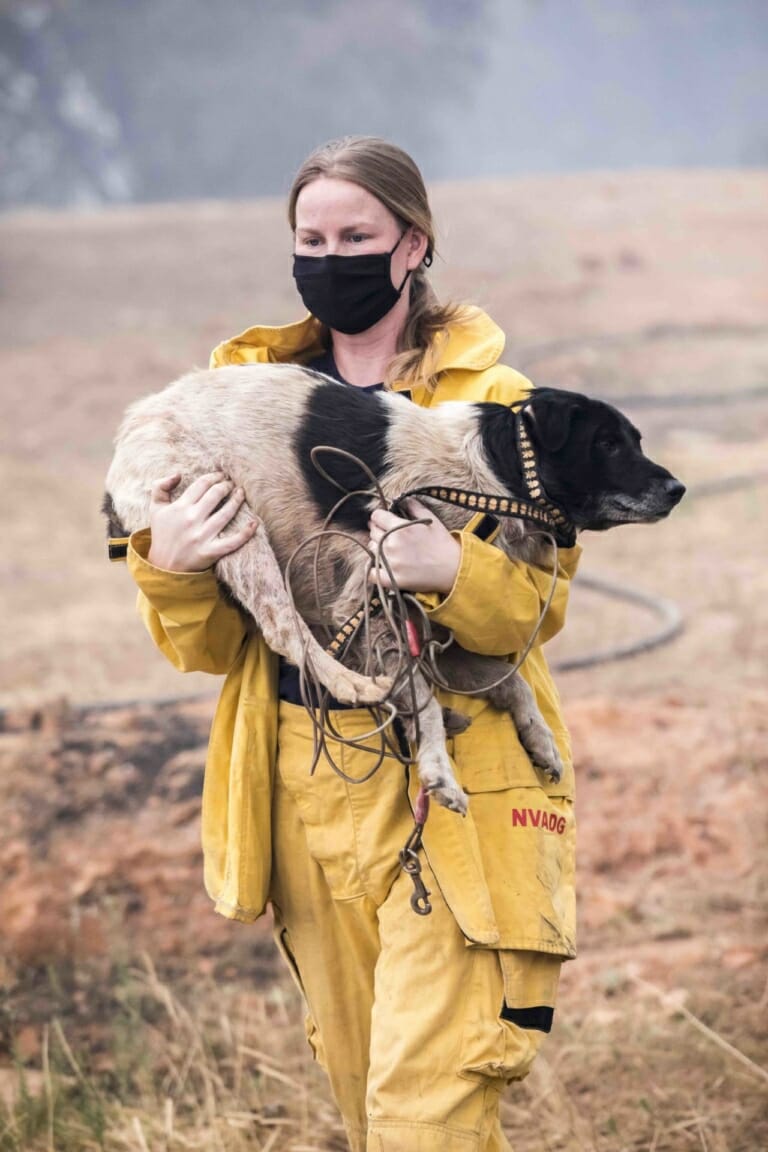
“Often positions at the top are still held by men but I have no doubt that we will continue to see more women move into leadership roles. While trying to avoid stereotypes I do think as a woman I often have a different approach in my work. I take more time to understand the problems, and listen to different points of view to ensure that our interventions will help those who need it the most and are the most effective options,” says Jennifer.
“Because men are more accustomed to having their opinions heard by those in charge, they may miss critical voices and information because they don’t realize how difficult it can be for some to speak up – particularly women in some cultures.
“It’s my hope that societal norms will change and we will see more women take on leadership roles in their communities”.
Editor’s Note: The opinions expressed here by Impakter.com columnists or contributors are their own, not those of Impakter.com. — In the Featured Photo: Jennifer Garden rescuing a dog from a natural disaster. Featured Photo Credit: IFAW.








